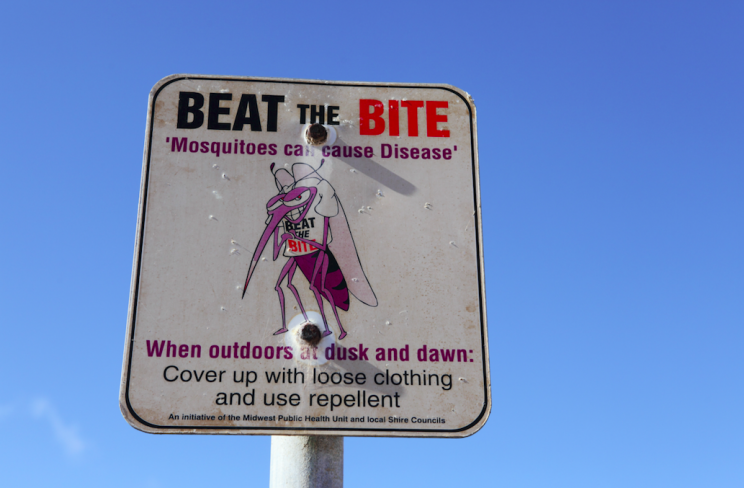Drug used to treat Malaria fails for the first time as disease shows signs of resistance

Scientists are being forced to re-think their strategy on battling malaria after a drug used to treat the disease in the UK failed for the first time.
Four patients who presented with signs of the tropical disease, which is spread by mosquitoes, had to seek alternative treatment after the drug commonly used to tackle malaria did not work.
Research by the London School of Hygiene and Tropical Medicine (LSHTM) said the treatment failure was due to strains of the disease showing reduced susceptibility and a “potential first sign of drug resistance” to artemether-lumefantrine (AL).

MORE: Married teacher who had sex with pupil, 16, jailed for just ONE year
MORE: Soon you’ll be able to delete sent Whatsapp messages before they’re read
Dr Colin Sutherland, who led the study, said treating patients with AL in the UK is “considered to be working well” but that the strategy “might need reviewing”.
He said: “Fortunately there are other effective drugs available.
“All the patients were identified by self-referral which suggests more cases of treatment failure in the UK may have occurred.
“Frontline doctors should be alert to the possibility of artemisinin-based drugs failing, and assist with the collection of detailed information about specific travel destinations.”
The LSHTM said its research included the first documented cases of AL failing to treat UK patients, reported between October 2015 and February 2016.

Although malaria is not found in the UK, around 2,000 cases are diagnosed every year due to infected travellers returning from countries where the disease is endemic, mainly in Africa.
Dr Sutherland added: “These cases act as a warning for Africa.
“Drug resistance is one of the biggest threats we face in fighting malaria, and is already starting to occur in parasite strains prevalent in parts of South-East Asia.
“We need to understand why AL failed to clear these four cases of infection.”
A PHE spokesman said the research indicated a risk to the way some infections are treated.
He said: “We strongly urge travellers going to countries where malaria is present to seek advice from their general practice, a specialist travel clinic or pharmacy about the appropriate measures to take, including preventive medicines.
“This is to protect themselves from malaria ideally four to six weeks before travel.
“Even if travelling at short notice, it is not too late to get protected.”
About 3.2 billion people – almost half of the world’s population – are still at risk of malaria, according to the latest World Health Organisation study.
In 2015, there were roughly 212 million malaria cases and an estimated 429,000 malaria-related deaths.
Malaria can be caused by a single mosquito bite and can prove fatal in extreme cases.
Symptoms include fever, sweats and chills, headaches, vomiting and muscle pain.
Top pic: Rex




